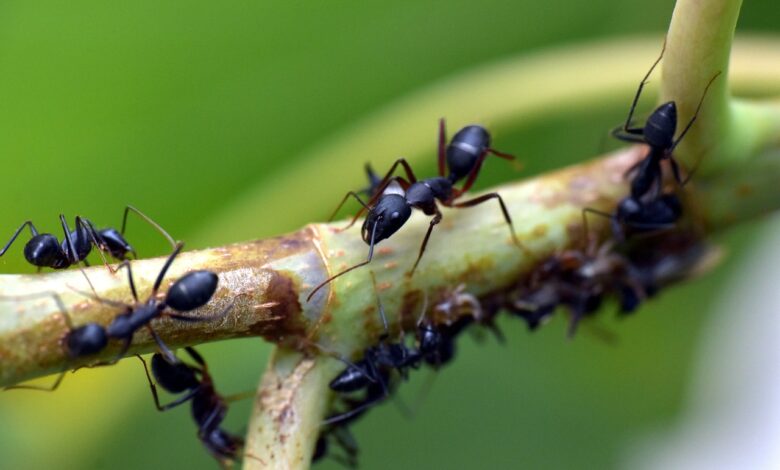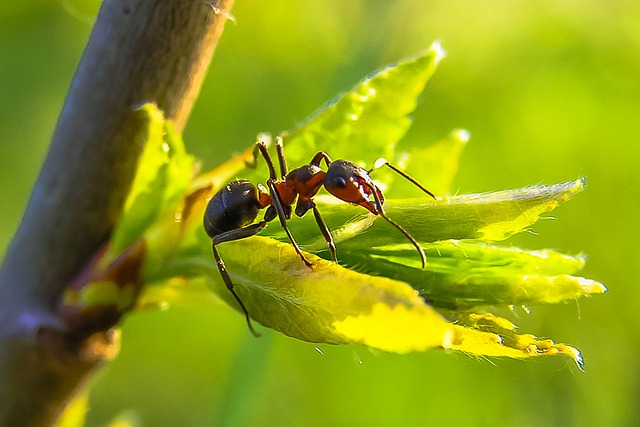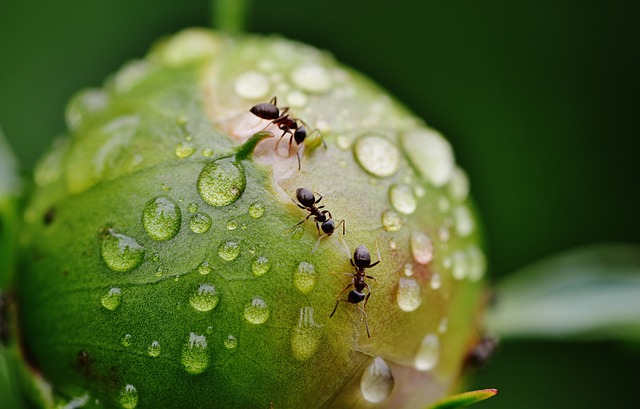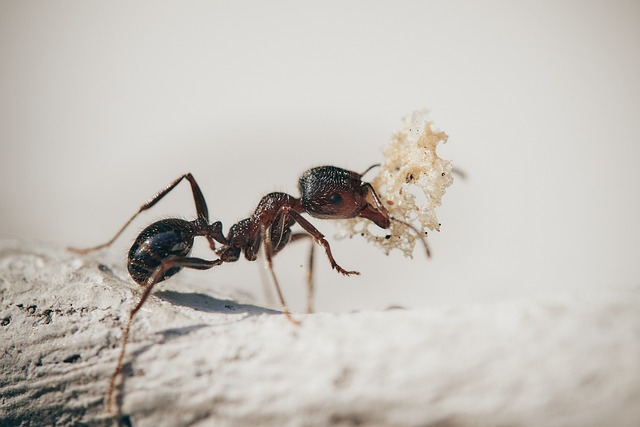Ants: The Incredible Social Insects

Ants are small, but they are incredibly social insects. They live in colonies that can number in the millions of individuals. They are found all over the world and they play an important role in the ecosystem.
Table of Contents
Introduction
Ants, the unassuming architects of ecosystems, weave intricate threads that hold the fabric of nature together. These tiny insects, often overlooked, possess astonishing adaptability, complex behaviors, and remarkable societal structures.
Scientific Name
Ants, belonging to the family Formicidae, are a part of the order Hymenoptera. This group includes a staggering variety of species, each with its unique attributes and characteristics. With more than 12,000 identified species and millions upon millions populating the Earth, ants’ diversity is a testament to their evolutionary success.
Types of Ants
Ants come in a multitude of types, each with specialized roles within their colonies. These roles include workers, soldiers, and reproductive individuals, collectively contributing to the colony’s survival. Prominent types include carpenter ants, leafcutter ants, and harvester ants, with each group showcasing distinct behaviors and adaptations.
Evolution
Ants’ evolutionary journey spans millions of years, marked by their adaptation to a wide range of environments and niches. Fossil records provide insights into their transformation from ancient ancestors to the diverse species we observe today. This journey is a testament to their resilience and ability to thrive through changing geological eras.
Behavior
Ants’ social structures are marvels of organization and cooperation. Through complex communication systems involving chemical signals and pheromones, ants coordinate tasks, locate food sources, and respond to threats. The division of labor among different castes within the colony ensures efficient functioning and survival.
Habitats
Ants have mastered the art of adaptation, with species occupying diverse habitats, from forests to deserts and from underground burrows to treetops. Their incredible ability to exploit ecological niches highlights their resourcefulness in harnessing various environments to their advantage.
Diet
Ants have diversified dietary preferences, ranging from carnivorous hunters to herbivores and scavengers. Their dietary habits contribute to nutrient cycling in ecosystems and can influence the dynamics of other species within their habitats.
Predators and Threats
Despite their small size, ants are not immune to threats from predators. Certain species of birds, mammals, and other insects view ants as potential meals. Additionally, invasive ant species can disrupt local ecosystems and threaten native species.
Reproduction, Offspring, and Lifespan
Ants reproduce through a combination of sexual and asexual reproduction. Queen ants lay eggs, and the resulting offspring take on different roles within the colony. The lifespan of an ant can vary significantly based on factors such as species, castes, and environmental conditions.
Conservation Considerations
While not often in the spotlight of conservation efforts, ants play essential roles in maintaining ecosystem health. Protecting their habitats, preserving biodiversity, and understanding their ecological contributions are vital components of holistic conservation.
FAQs
- Are all ants social insects?
Yes, they are highly social insects, forming intricate colonies with specialized roles.
- Can ants sting humans?
Some ant species possess stingers and can use them for defense or predation.
- What do ants eat?
Ants’ diets vary, encompassing nectar, insects, scavenged material, and even other ants.
- Why are ants important for the environment?
Ants contribute to soil aeration, nutrient cycling, and pest control, fostering ecosystem health.
- Can ants be used in scientific research?
Yes, some ant species produce compounds of interest for potential medical applications.
Conclusion
The world of ants is a captivating microcosm of complexity and ingenuity. From their cooperative societies to their vital ecological roles, ants shape our world in ways that often go unnoticed. As we delve deeper into their mysteries, we gain a greater appreciation for the integral part they play in maintaining the balance of nature.






